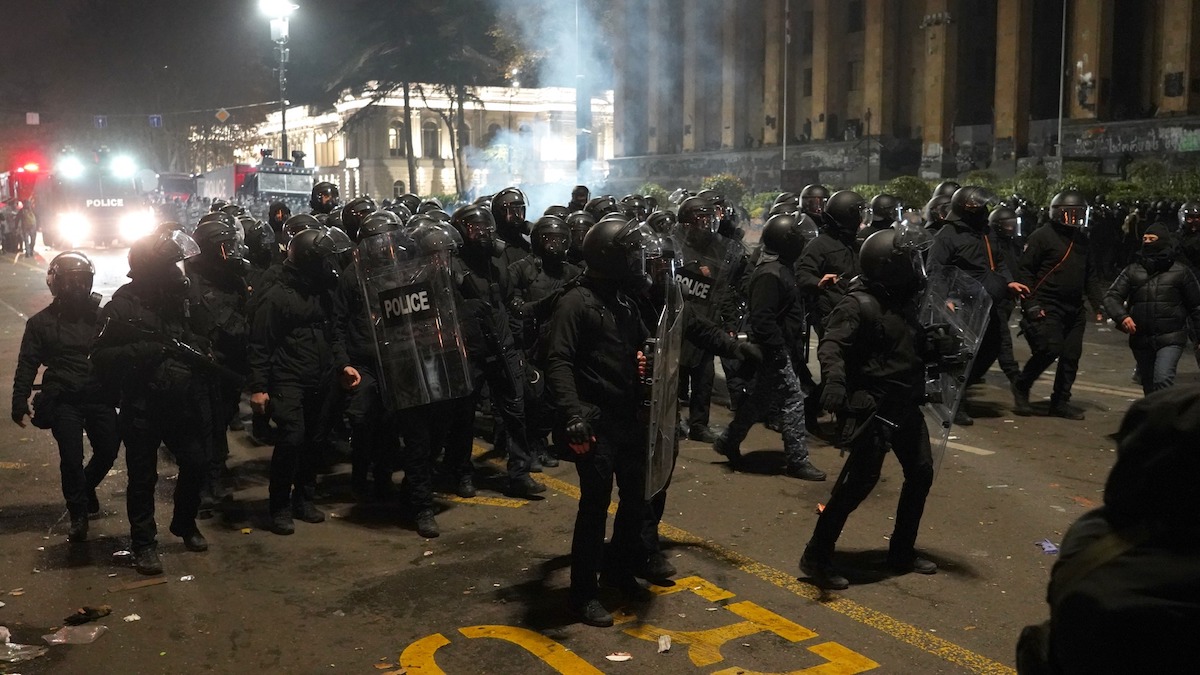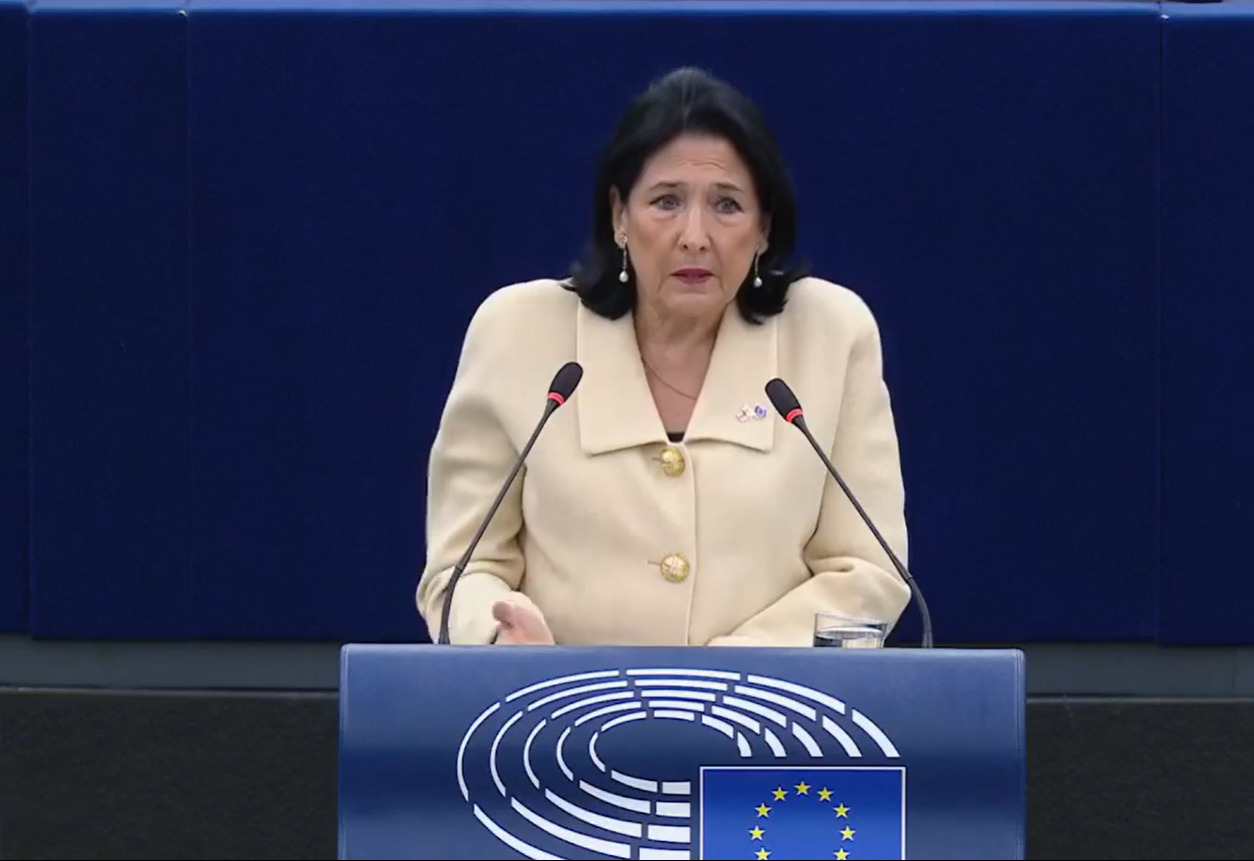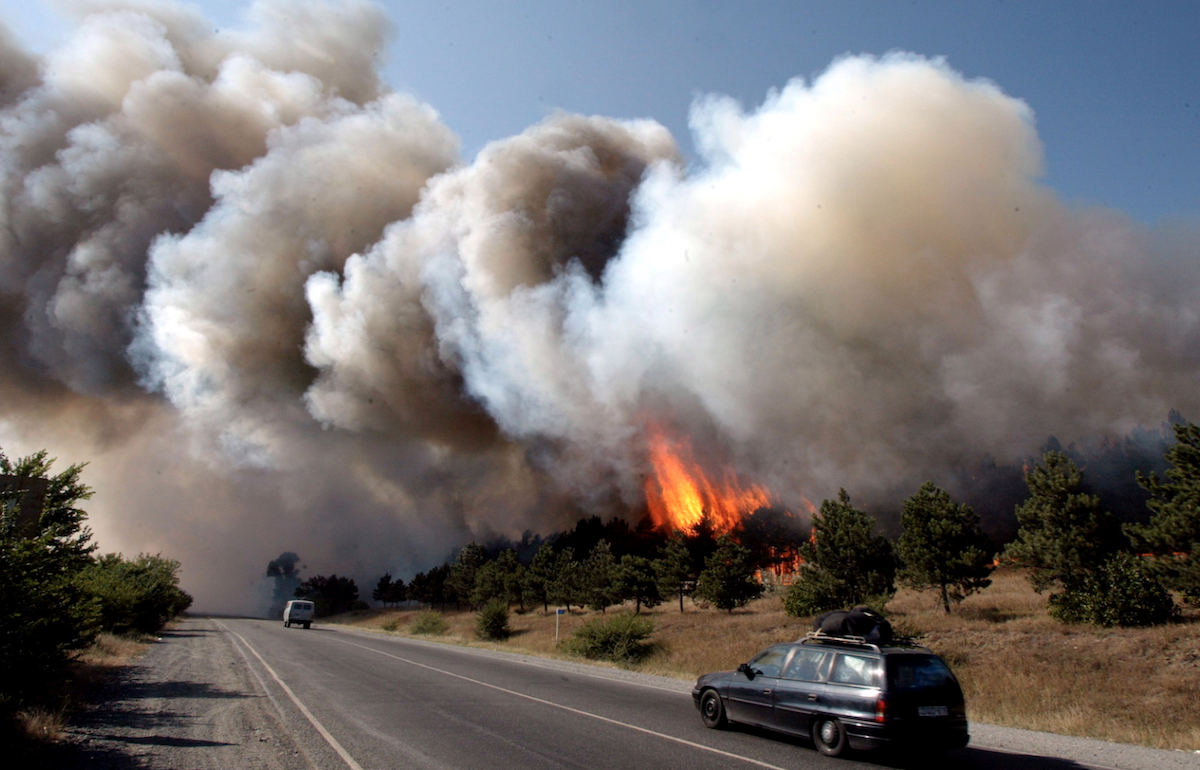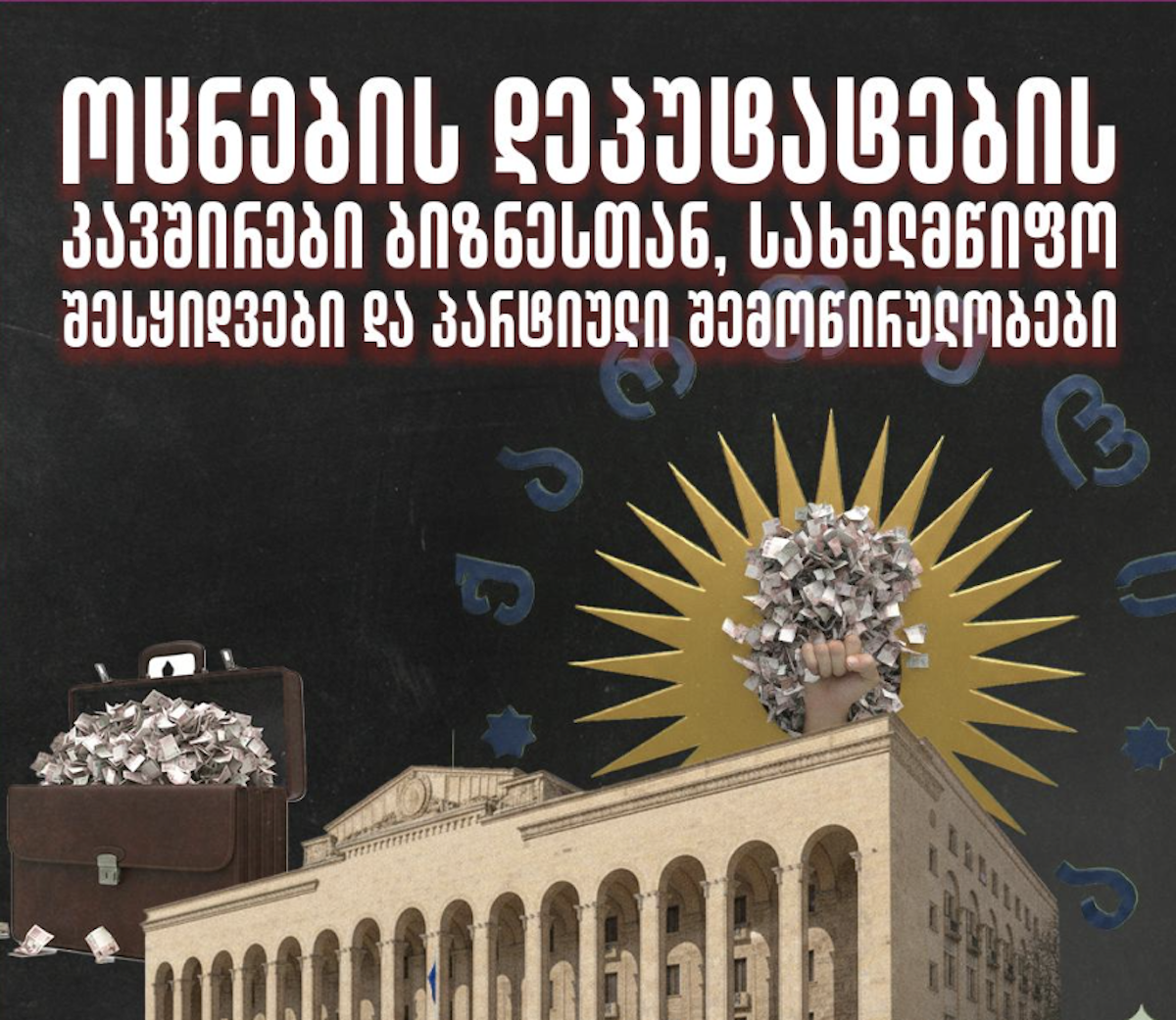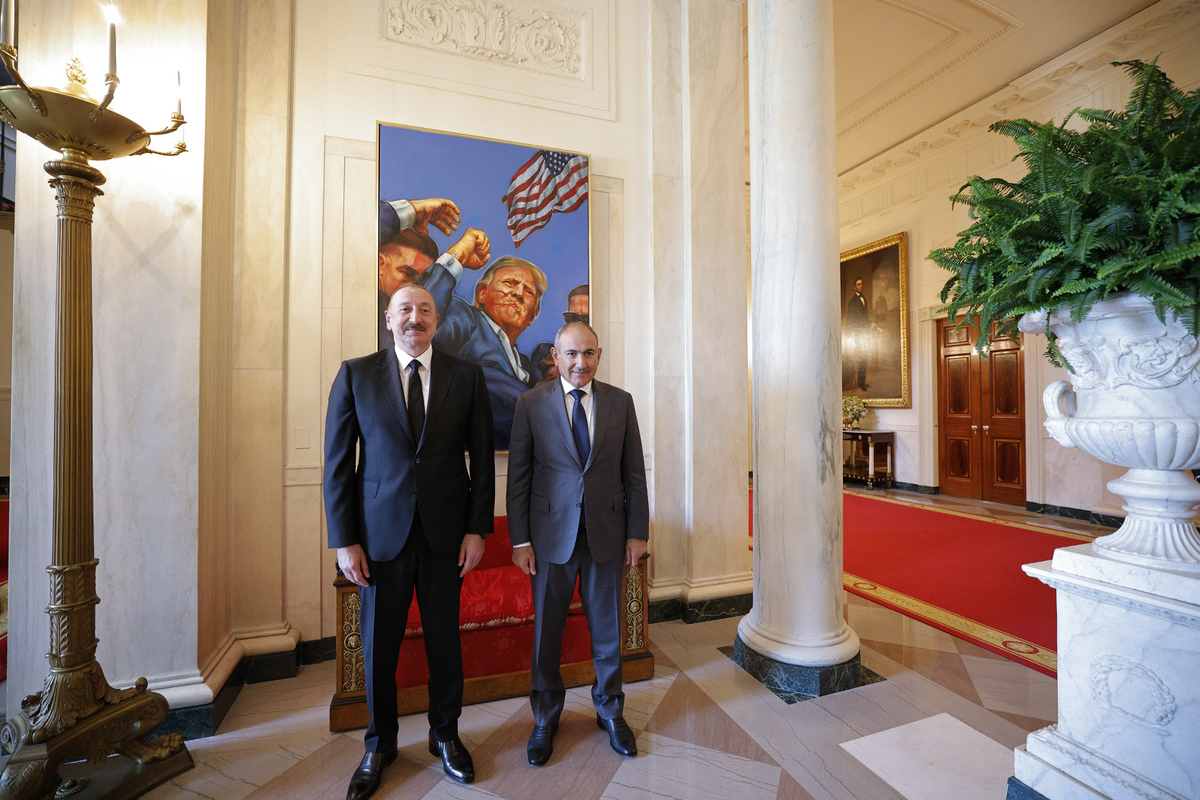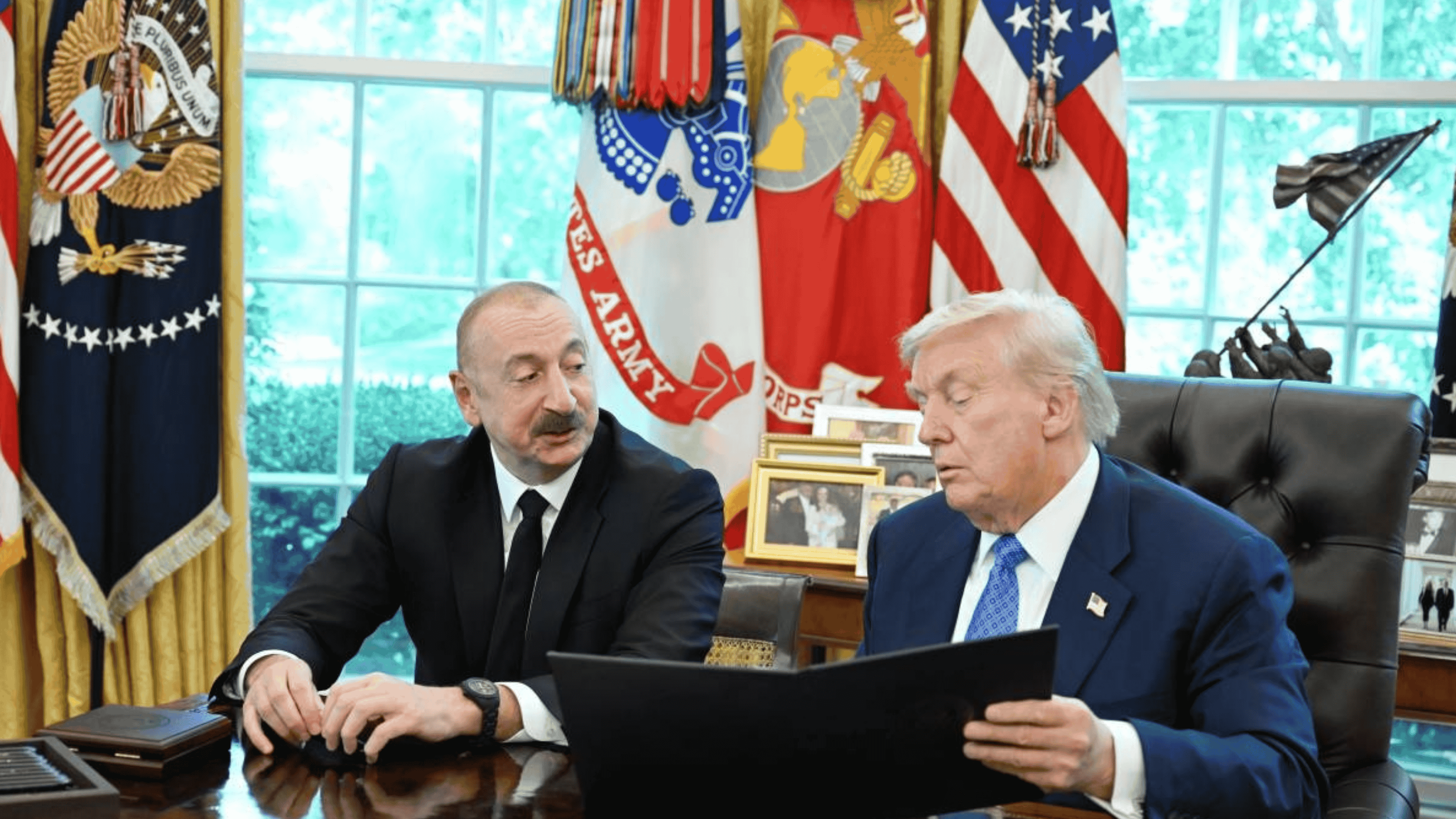Next steps: Georgian opposition, Zourabichvili discuss new elections
Georgian opposition plans new elections
How should new elections be conducted, and what should the next steps be? These are the main topics of discussions taking place at the presidential palace over the past few days.
On 24 December, President Salome Zourabichvili met with representatives of opposition parties, NGOs, and civil society.
What is the plan of action?
The inauguration of the new president, Mikheil Kavelashvili, appointed by Georgian Dream, is scheduled for 29 December. This date is expected to mark the last working day of the current president, Salome Zurabishvili, who has repeatedly stated she will not leave office until new elections are announced and a legitimately elected parliament selects a new president.
The president, along with the opposition and a significant portion of civil society, considers the 26 October parliamentary elections rigged. They view the new parliament, as well as the government and president it elected, as illegitimate.
The election results were not recognised by the United States and EU countries, except for Hungary and Slovakia. The report from the chief election observer of the Organisation for Security and Cooperation in Europe (OSCE) was also sharply critical.
A month after the elections, on 28 November, Georgian Dream Prime Minister Irakli Kobakhidze officially announced that Georgia would suspend negotiations on EU membership until 2028. This statement triggered mass protests, now in their 29th day.
Against this backdrop, Salome Zourabichvili has declared herself the only legitimate institution of power in the country and affirmed that she will continue to perform her duties as president.
On 22 December, Zourabichvili issued an ultimatum to the government, calling for a date for new elections to be set by 29 December. She also expressed her willingness to enter negotiations with Bidzina Ivanishvili, the founder of Georgian Dream and the de facto ruler of the country.
“The dialogue must be with me, as a mediator, and with someone who participated in and observed the elections. I don’t know how many representatives Ivanishvili will appoint. But even if he comes alone, it’s not an issue — I’ll also be alone in that case. There’s very little time for [negotiations]; resolving this crisis cannot wait. … We must take care of this country … and provide it with what will ensure calm and peace. … Let’s meet, why delay? I’m ready [to meet] in any format before 29 December,” Salome Zourabichvili declared.
The president is convinced that if Ivanishvili refuses dialogue, the overthrow of the regime will continue through street protests and other means. Applying pressure on the government from within and externally is the plan voiced at the presidential administration:
“If no compromise is reached and no dialogue takes place, we will still proceed with elections by overthrowing this regime. It is already crumbling, and it seems that every day, new segments of society, new officials from various fields, and business representatives join the protest.”
Opposition representatives believe the primary focus of negotiations at the presidential administration is the mechanism for holding new elections:
“There is talk that the time will come when the Russian regime [of Georgian Dream] will have to retreat and come to the negotiation table. In that case, there must be clear legal steps that are understandable to us, to society, and to Western partners. The question is how we legally arrive at new elections — that’s the first issue. The second is how these elections should be conducted. It is clear to everyone that they cannot happen like they did on 26 October because those elections were stolen,” said Zurab Japaridze, one of the leaders of the opposition coalition Coalition for Change.
According to him, there is more than enough legal basis to hold new elections:
“The grounds for new elections are, first and foremost, that the previous ones were rigged, and the regime has deviated from the constitution, including a direct violation of Article 78 on Georgia’s Euro-Atlantic aspirations, shifting the country’s foreign course towards Russia. Finally, just three weeks ago, the regime committed a crime by resorting to beating and torturing protesters.”
Zurab Japaridze does not expect Bidzina Ivanishvili to accept Salome Zurabishvili’s proposal for negotiations before 29 December:
I see a certain split within the Russian regime [Georgian Dream]: Western pressure is intensifying, and the flow of sanctions will only grow. But I still don’t see any signs that Ivanishvili’s regime will retreat. The Russians won’t let him do so. Russia is trying to resolve the Georgia issue before the official change of administration in the U.S. so that when negotiations between Trump and Putin take place, Georgia will already be in Russia’s pocket. That’s why [Georgian Dream] is in a hurry and prepared to launch new attacks.
In Japaridze’s view, street protests are the way Georgian society must resist the regime.
“There’s no other path in Georgia because this country no longer has democratic institutions. The only way to fight is to gather large numbers of people in the streets of Tbilisi and other Georgian cities.”
Although the opposition’s strategy has not yet been made public, some politicians are openly discussing their plans. Nika Gvaramia, one of the leaders of the opposition Coalition for Change, stated that Salome Zurabishvili must dissolve the 11th Parliament and call for new elections.
“As a politician and constitutionalist … I see no contradiction with the constitution in this plan. Today, decision-making contours have been outlined in a unified format: by both society and politicians. The key figure in this direction will be the one who remains legitimate in this country under the constitution, and that is President Salome Zurabishvili,” Gvaramia said.
Dmitry Tskitishvili, a member of the For Georgia party, who also attended negotiations at the presidential administration, stated that they had already discussed an action plan with the president for after 29 December: “If the government shows common sense and agrees to negotiations, we need to have a clear vision of how to exit the crisis.” However, Tskitishvili emphasized that there is currently no expectation that Georgian Dream will agree to negotiations.
The government rules out holding new elections or entering any negotiations with Zurabishvili. Georgian Dream claims there are no constitutional grounds for new elections.
Responding to the president’s proposal for negotiations, Georgian Dream Prime Minister Irakli Kobakhidze said threateningly: “Let’s see where Zourabichvili will spend the rest of her life—behind bars or free.”
“The inauguration [of the new president, Mikheil Kavelashvili] will take place on 29 December, and from the moment he takes the oath, Salome Zurabishvili will no longer hold the presidency. My appeal [to her] is not to betray the people once again and not to engage in sabotage,” stated Shalva Papuashvili, the chairman of the Georgian Dream Parliament.
Mikheil Kavelashvili’s inauguration is scheduled for 29 December. Georgian Dream has not yet disclosed details of the event, but it will most likely take place in the Georgian Parliament building.
Kavelashvili was elected president on 14 December by a college of representatives from Georgian Dream.










